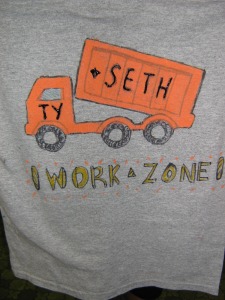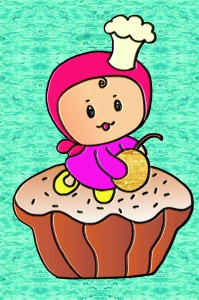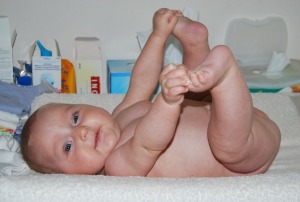Becoming a parent means to some extent you’re always experimenting and trying new things to get the positive behaviors you want while building a strong relationship with
your children. Still, you don’t need to assume the strategies you adopt be a potpourri of hits and misses. Noted authorities on the subject of how small humans act have
put together some templates that work for parents who want to stay on top of unruly toddlers.
For example, psychologists and others who work with hyperactive toddlers have some
helpful tips about what to do when bedtime comes and your little one wants none of it.
Because these children often have a difficult time calming their systems down enough to
shut their eyes at the preordained time , experts suggest parental interventions might be
the best course of action.
Rhythmic Sounds
These children often need rhythmic sounds and a quick dose of rocking to soothe and
reset their biological clocks to fall asleep in the first place or to get back to sleep once
they’ve woken up in the middle of the night. You should make these little episodes brief,
but there doesn’t seem to be any way around this physical contact to smooth these rough
patches over.
Some of the things that can help an unruly toddler along are proactive and have to
do with Mom or Dad being able to spot the signs there’s trouble on the horizon. For
example, if you know when your child is getting hungry or tired, you can generally head
bad behavior off at the pass. On the other hand, there’s the philosophy that says if the bad
behavior is minor enough and no one really gets hurt, it’s best to ignore it.
Labeled Praise.
There’s another concept professionals have found useful when dealing with unruly
toddlers and the idea is called labeled praise. The concept is simple in that the more
attention you lavish on any kind of behavior, the more of that kind you’ll get from your
child. In other words, this parenting style suggests reprimands actually increase the very
actions you’re trying to get rid of. Likewise, offering praise indiscriminately does little
good. The concept behind labelled praise focuses on telling your offspring what you like
about the behaviors you want to see more of and ignoring the ones, as much as possible,
that you want to get rid of . Attention that gets brought to bad acts will only increase
them according to this model.
Do Nothing
There are even child psychologists who suggest that doing nothing is actually a
preemptive way to redirect those tantrums before they start to ferment. The experts
recommend that one hour per week per child is a good starting point to just be with them
and show interest in whatever they happen to be doing. Expressing positive emotions
during these times is a great way to reinforce their feelings and build self esteem as well
as their desire to cooperate with you.
In the end you need to remember to remain calm when your toddler acts out. That will
give you the chance to reasonably access the situation and decide on the best course of
action for everyone involved.
For more interesting articles like this, visit All My Children Daycare.
Author: Rob Starr









